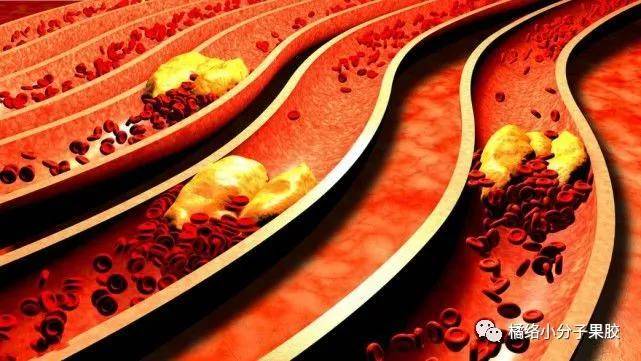Introduction: Nowadays, many cardiovascular diseases start with vascular blockages, and the relationship between vascular blockages and dietary habits is significant. There are four common types of food that should be avoided to better protect the blood vessels.
These four types of food are more likely to cause blockages the more you consume:
1. Foods high in oil:
Takeout, fried snacks, and similar items contain a lot of oil. Consuming too much can lead to the deposition of cholesterol and triglycerides in the blood, increasing the likelihood of thrombosis and easily leading to vessel blockages.
2. Foods high in salt:
Salt is an essential seasoning in life, but excessive consumption should be avoided. The sodium chloride in salt can increase the burden on blood vessels, raising blood pressure and causing plaque in the vessels. Under continuous high blood pressure, plaques easily detach, causing cardiovascular blockages.
3. Foods high in sugar:
For example, cakes and desserts commonly consumed. These foods contain a lot of trans fatty acids, which, if consumed regularly, can increase blood lipid viscosity and have a significant impact on blood vessels.
4. Alcohol:
Avoid alcohol, regardless of the amount of alcohol content. Alcohol can damage vascular endothelium, leading to irregularities on the vessel wall. Lipids in the blood easily deposit in these irregular areas, forming clots and causing vessel blockages, potentially triggering strokes.
All these listed food types are harmful to blood vessels and not conducive to a healthy, long life. After the age of 40, it’s advisable to consume these foods minimally to promote health and prevent diseases, starting with paying attention to daily dietary habits.
99% of blood clots show no symptoms; prevention is key.
Thrombotic diseases include arterial and venous thrombosis, with arterial thrombosis being the root cause of myocardial infarction and cerebral infarction.
Venous thrombosis ranks as the third leading cardiovascular killer but has low public awareness. Venous thrombosis is known as the “silent killer” because most cases are asymptomatic.
Academician Wang Chen of the Chinese Academy of Engineering pointed out, “In fact, venous thrombosis is entirely preventable and controllable.” The World Health Organization warns that sitting still for four hours increases the risk of venous thrombosis.
Remember: Walk briskly for at least 30 minutes every day until your body heats up or even slightly sweats to achieve exercise effectiveness.
Experts from BTV Beijing Wellness Program provided effective suggestions for preventing blood clots and vascular blockages, emphasizing the beneficial flavonoids extracted from citrus aurantium for both medicinal and dietary use. Their program highlighted that these flavonoids help in maintaining cardiovascular health effectively.
“Compendium of Materia Medica Supplement” states that citrus aurantium promotes vascular circulation, regulates qi, and transforms phlegm. The small molecular pectin complex in citrus flavonoids is a renowned “blood vessel cleaner,” extremely effective in cardiovascular maintenance. Regular use of small molecular pectin and citrus flavonoids can promote blood circulation, anti-coagulation, dissolve clots, reduce cholesterol, and prevent atherosclerosis. Consistent use for a period can visibly reduce or eliminate blood clots.
Conclusion: As you age, it is crucial to be aware of thrombosis prevention. Besides paying attention to daily diet, regular use of small molecular pectin for health maintenance can help you steer clear of vascular blockages and improve overall health!


